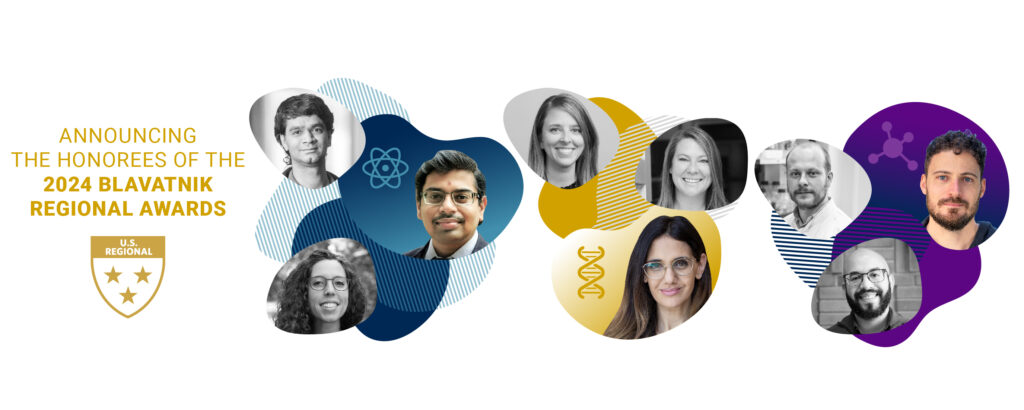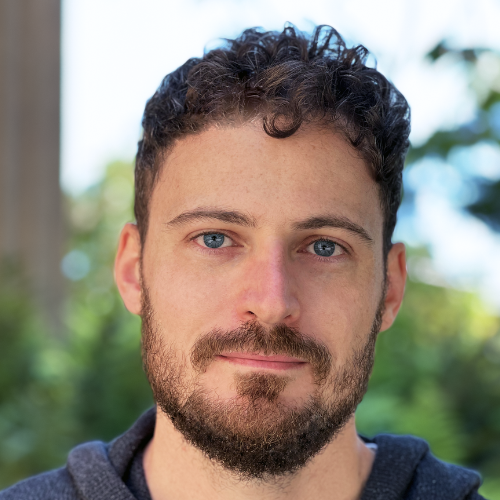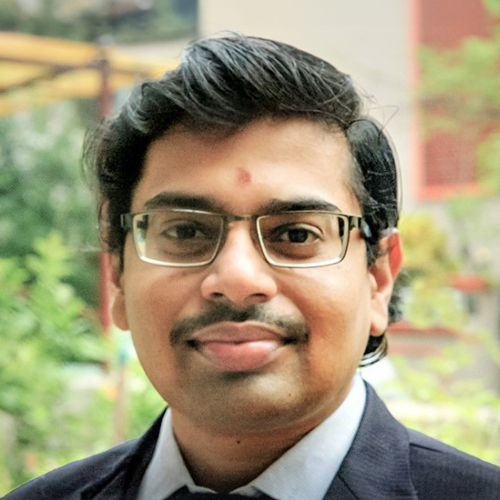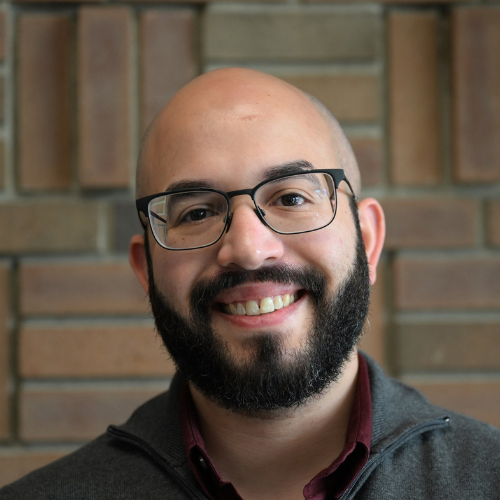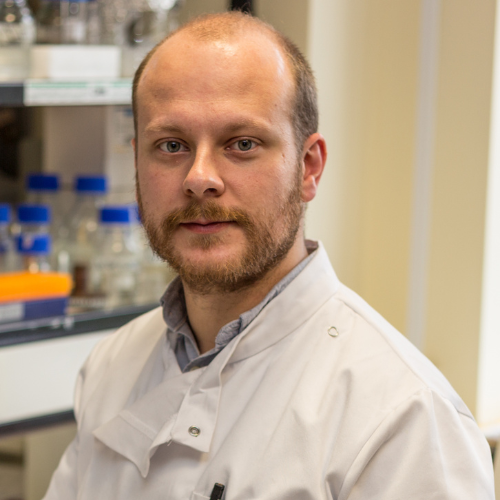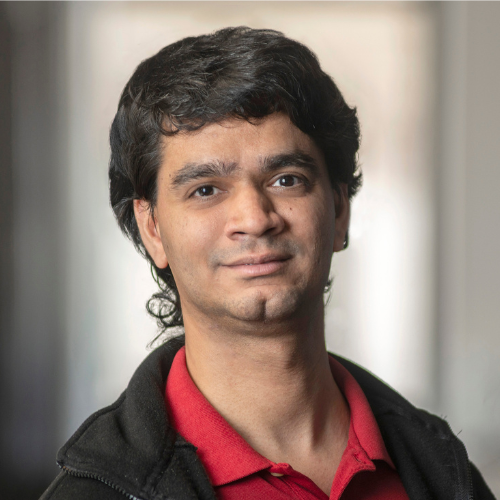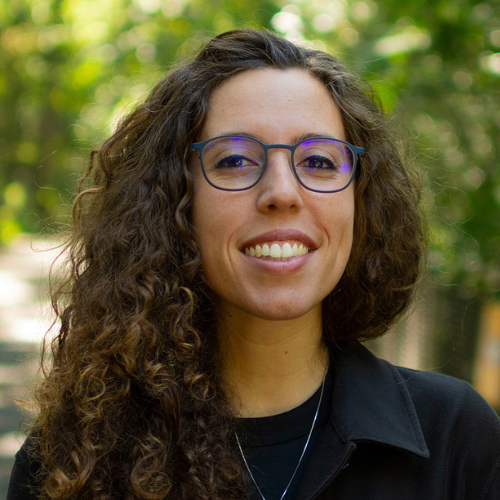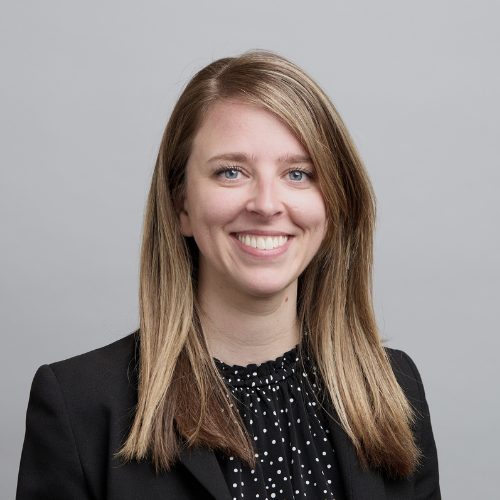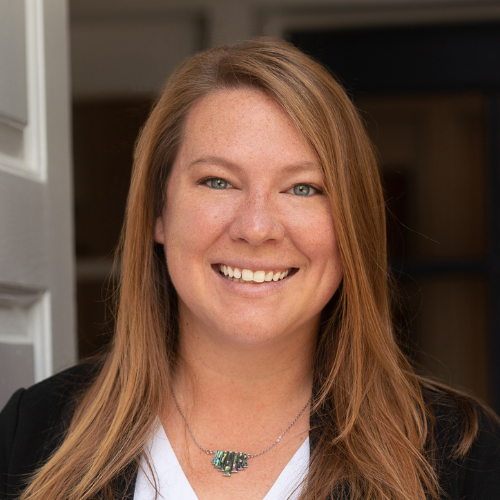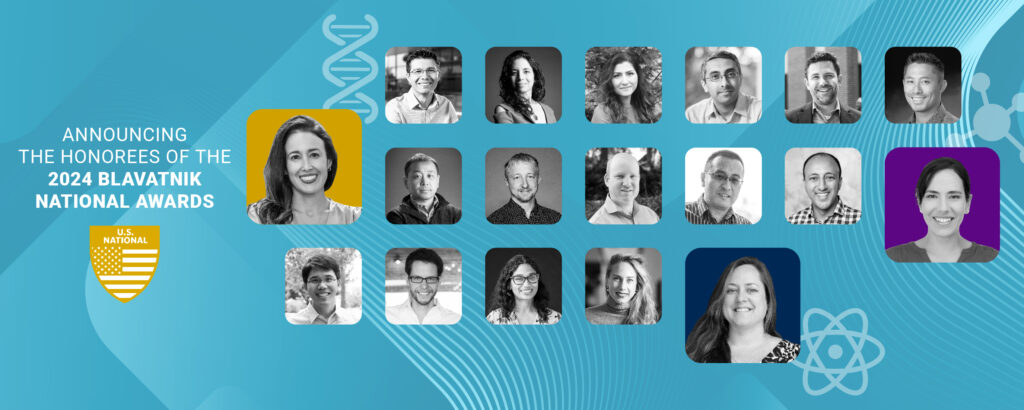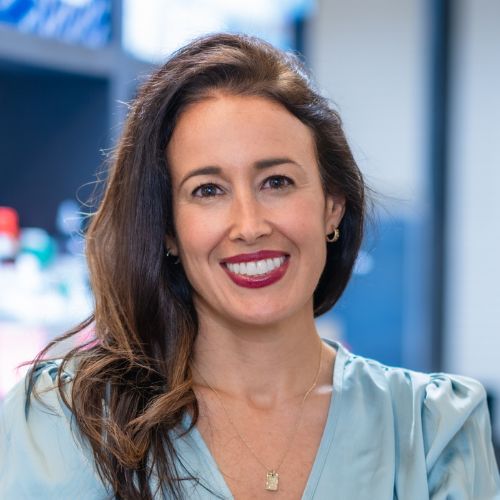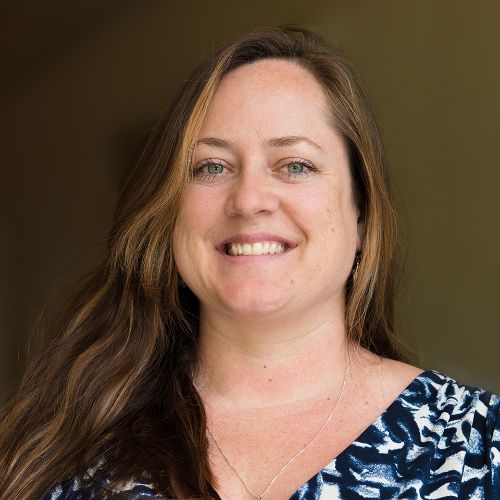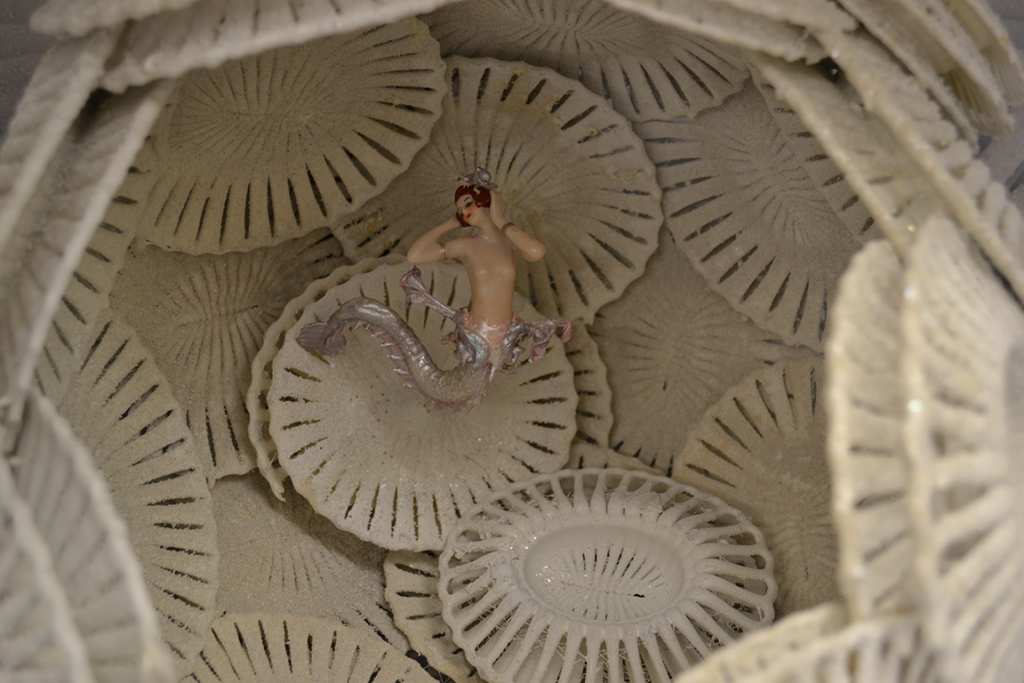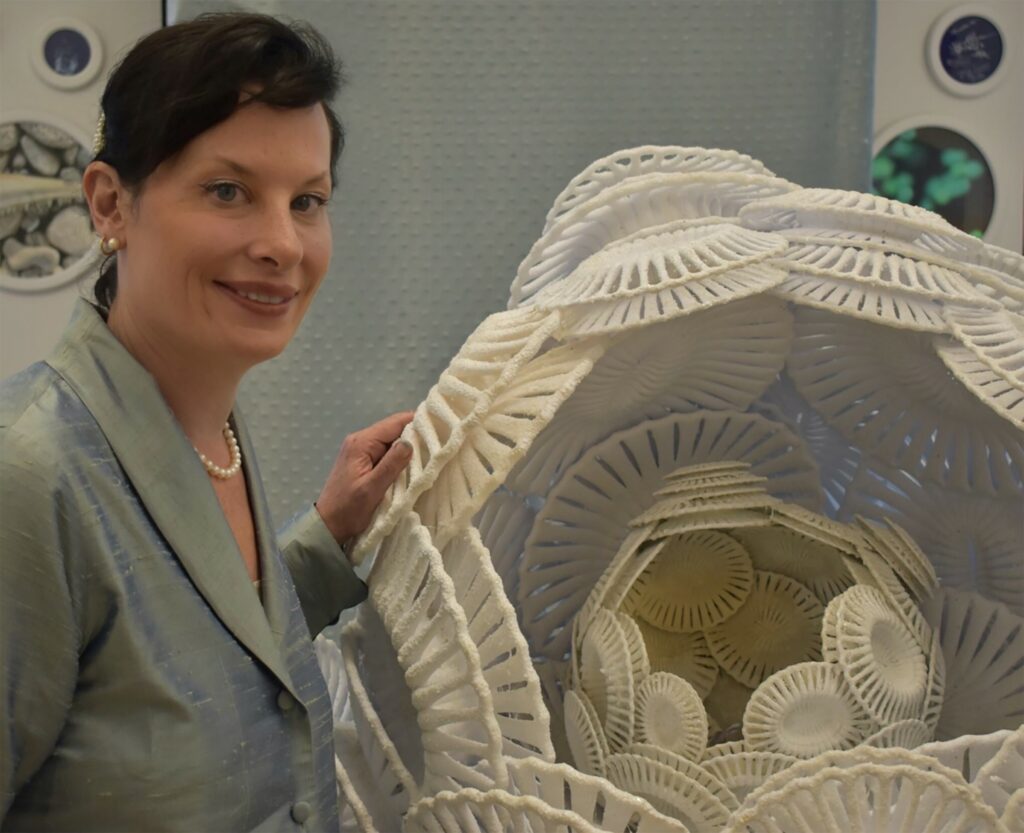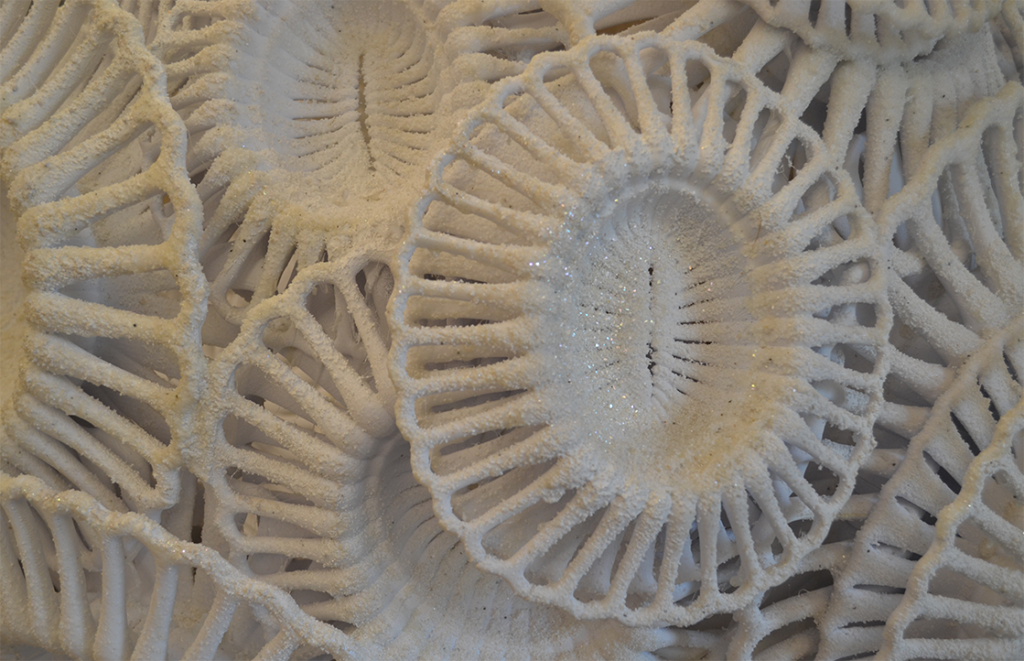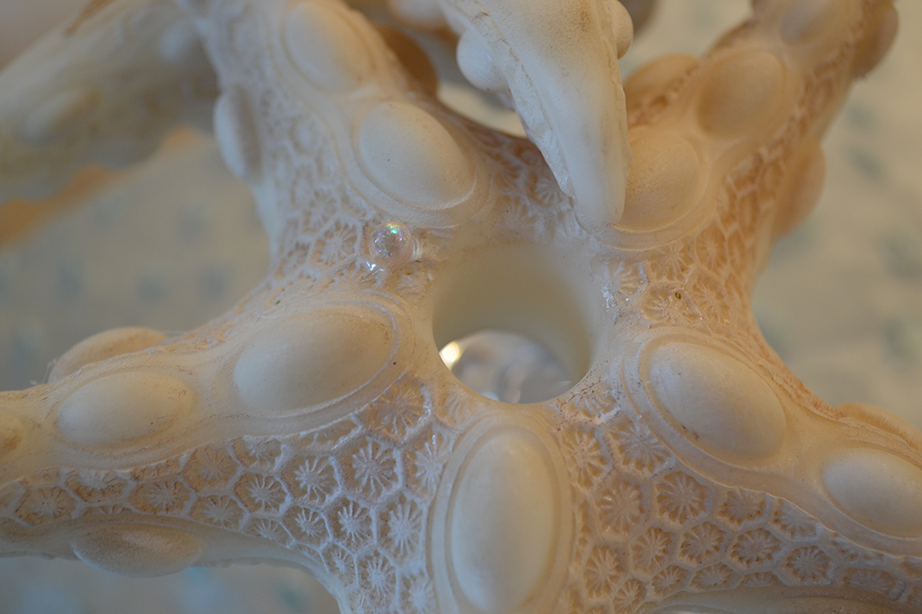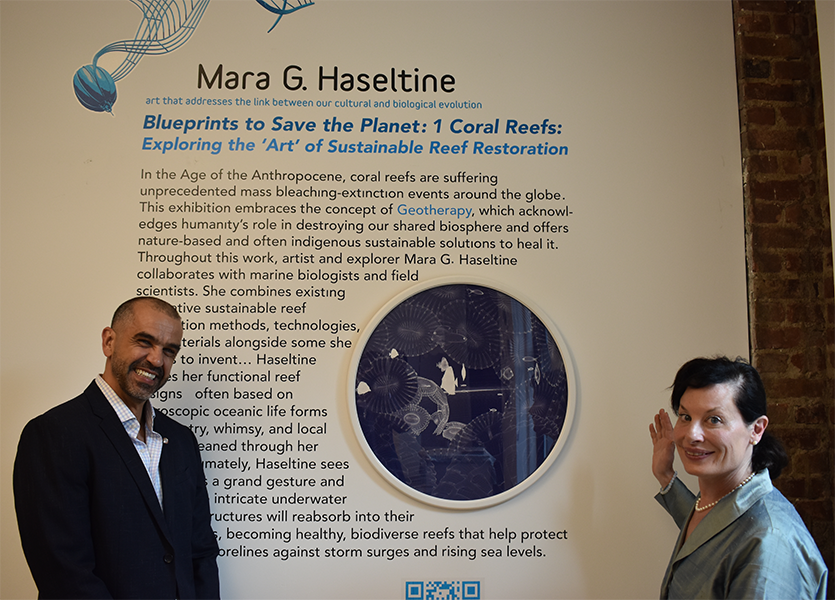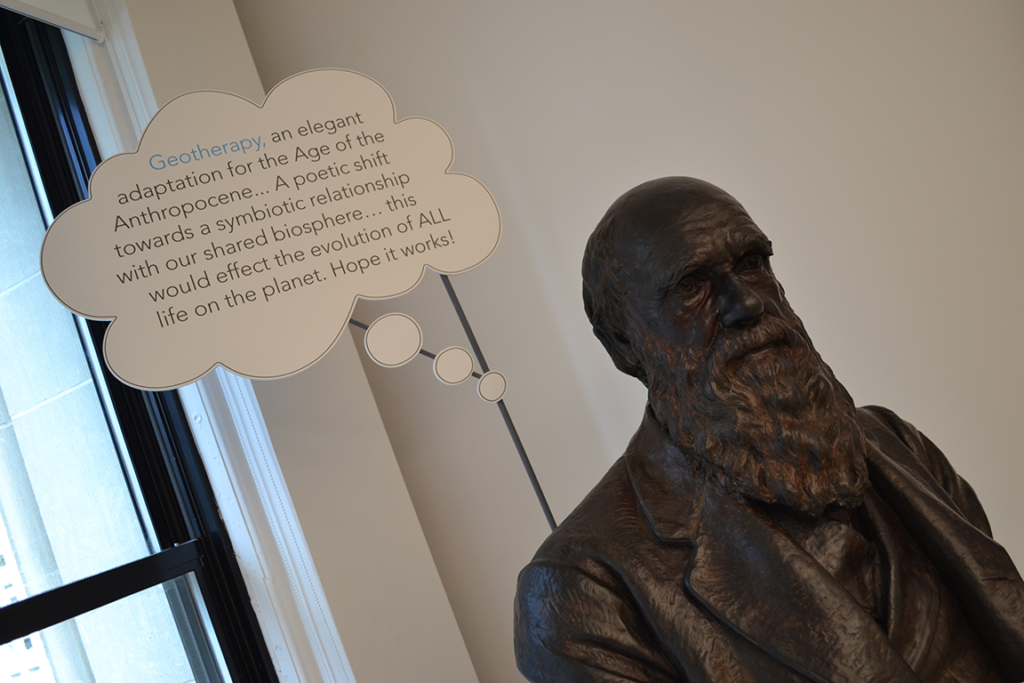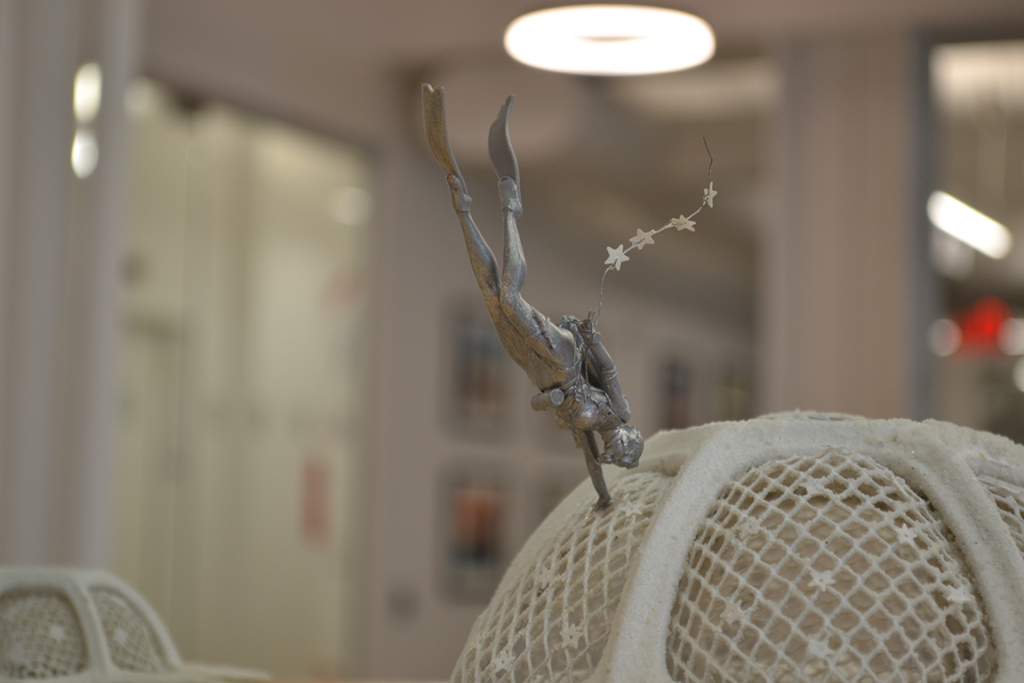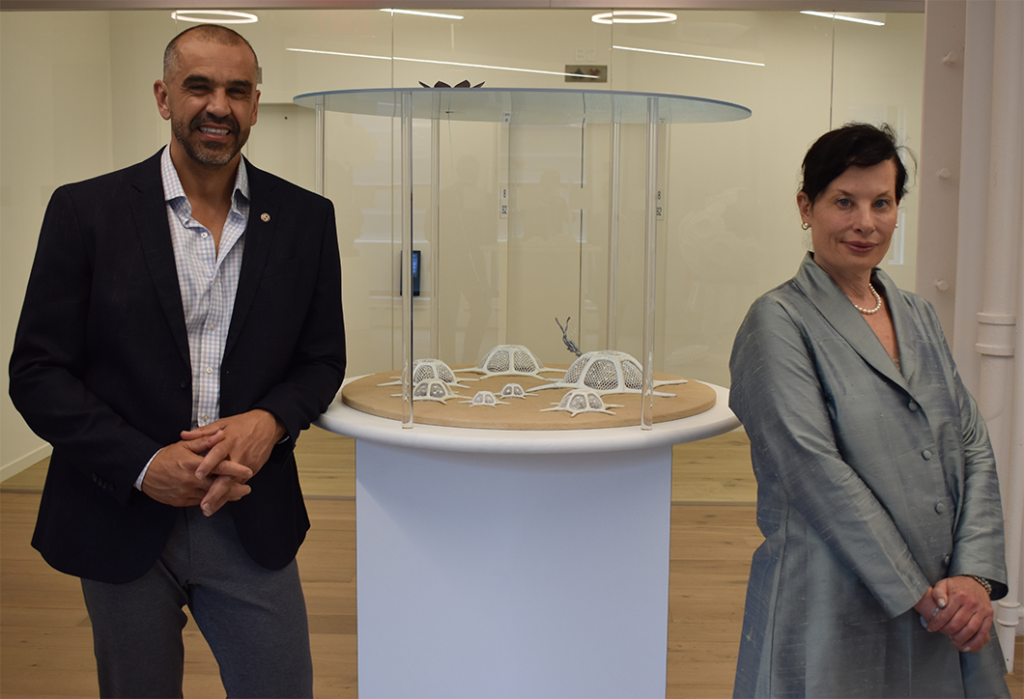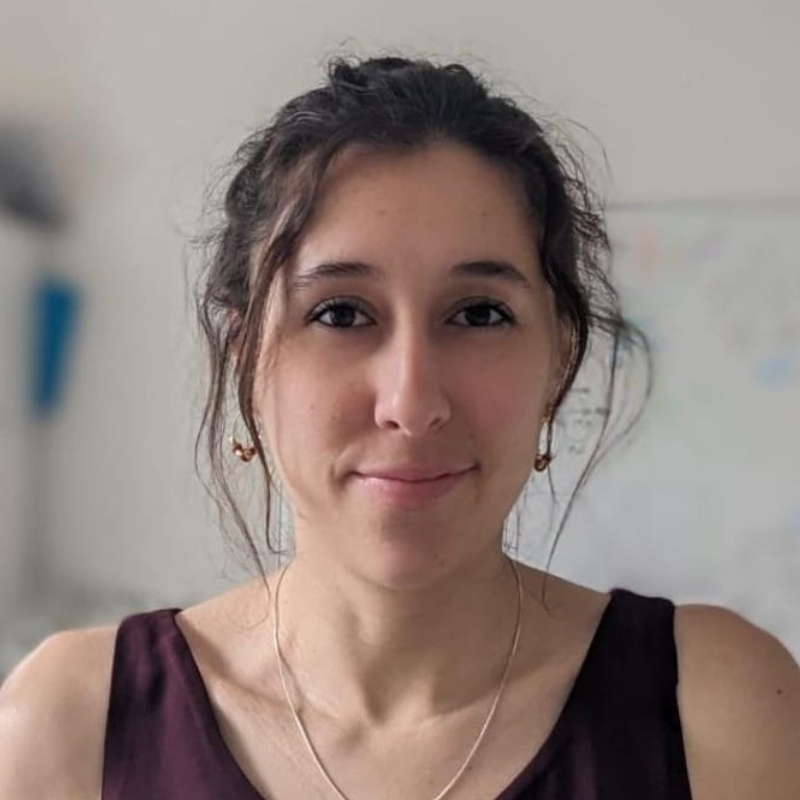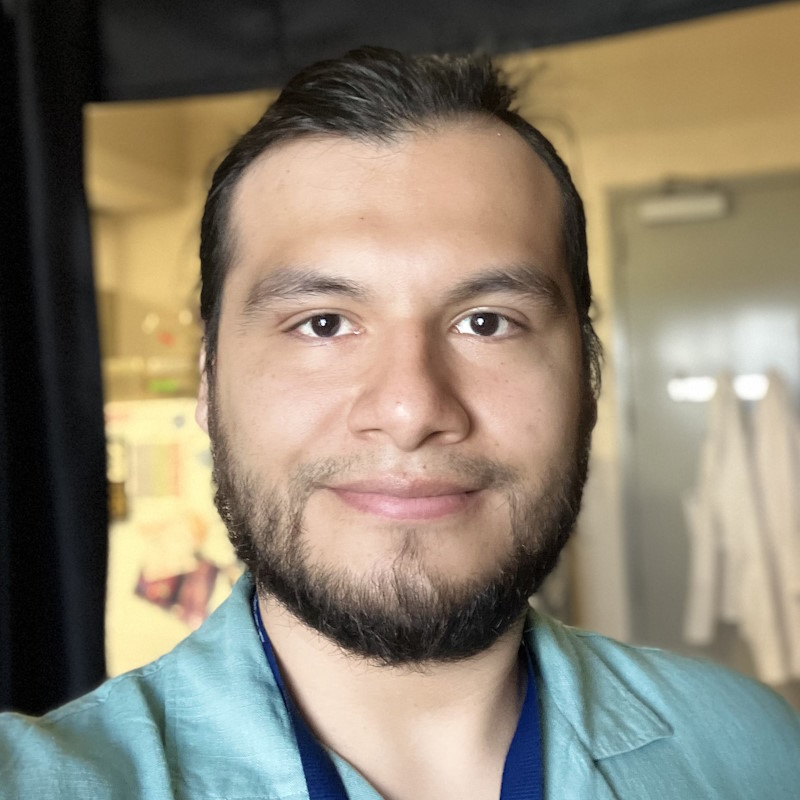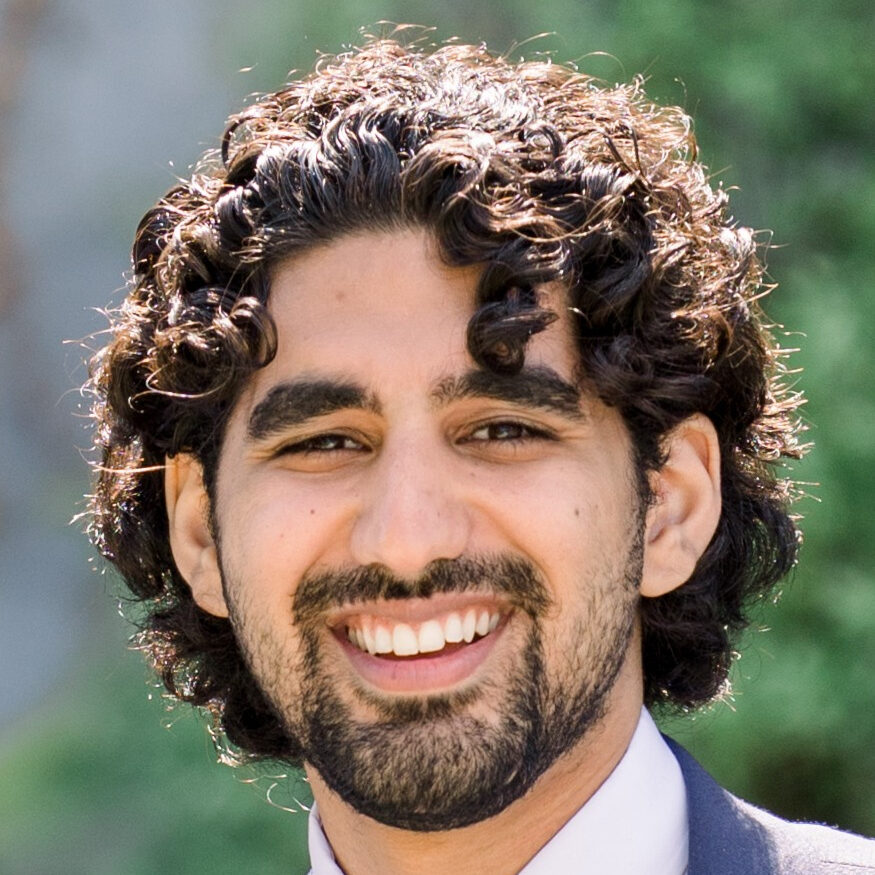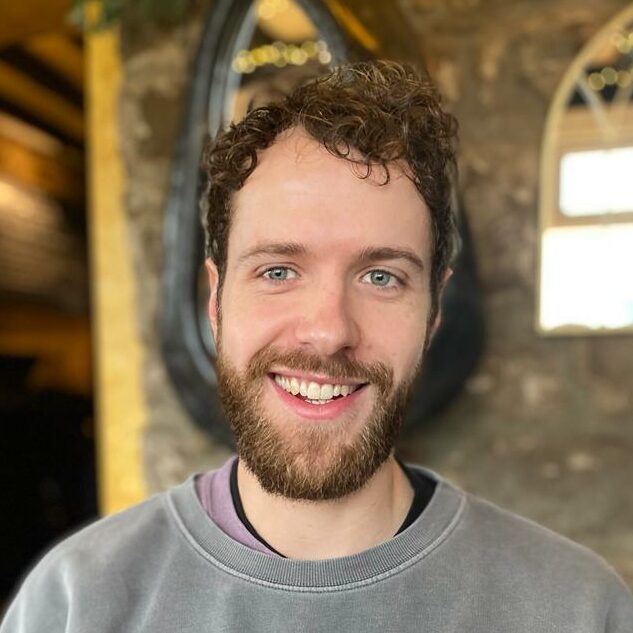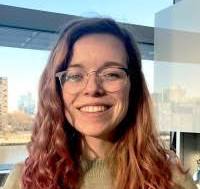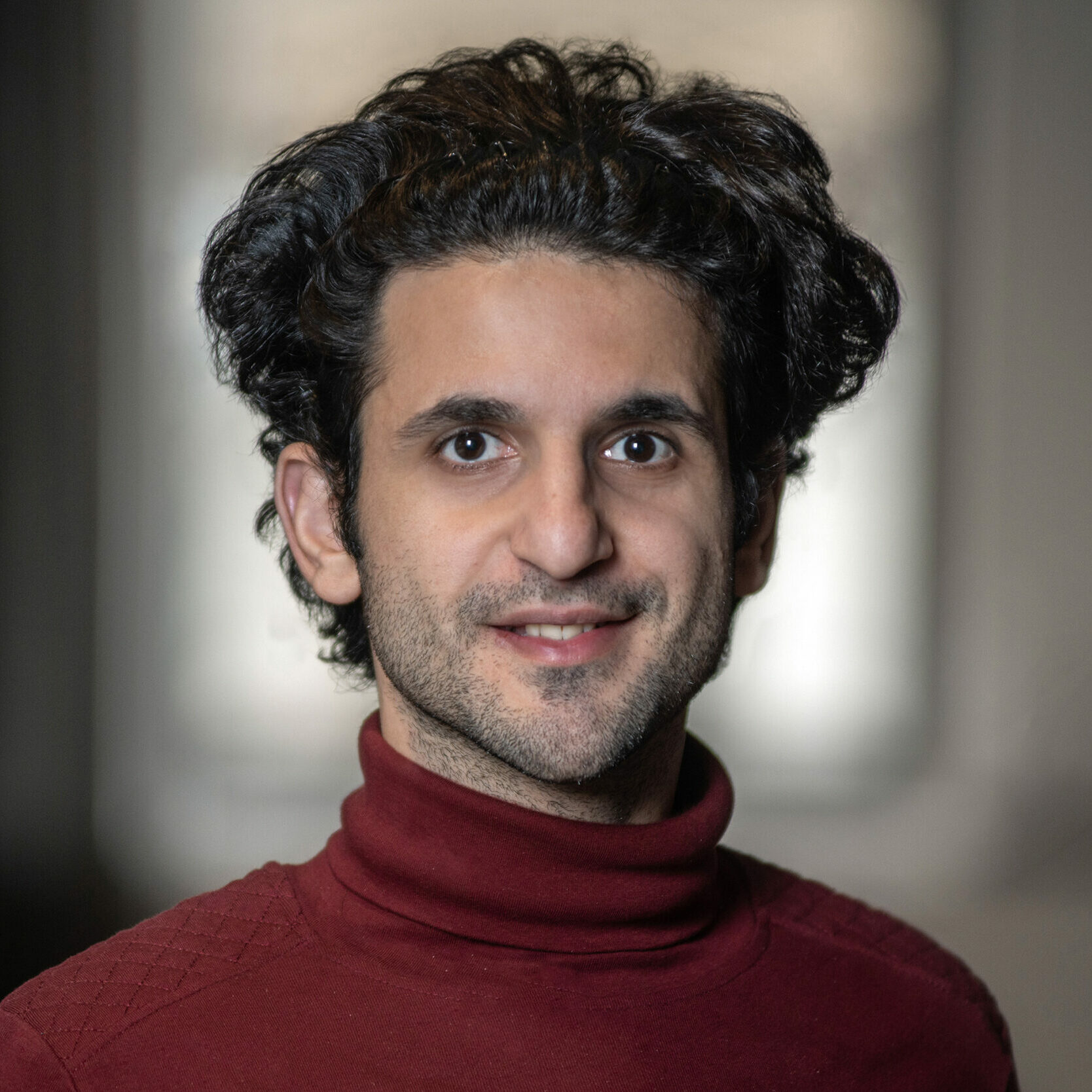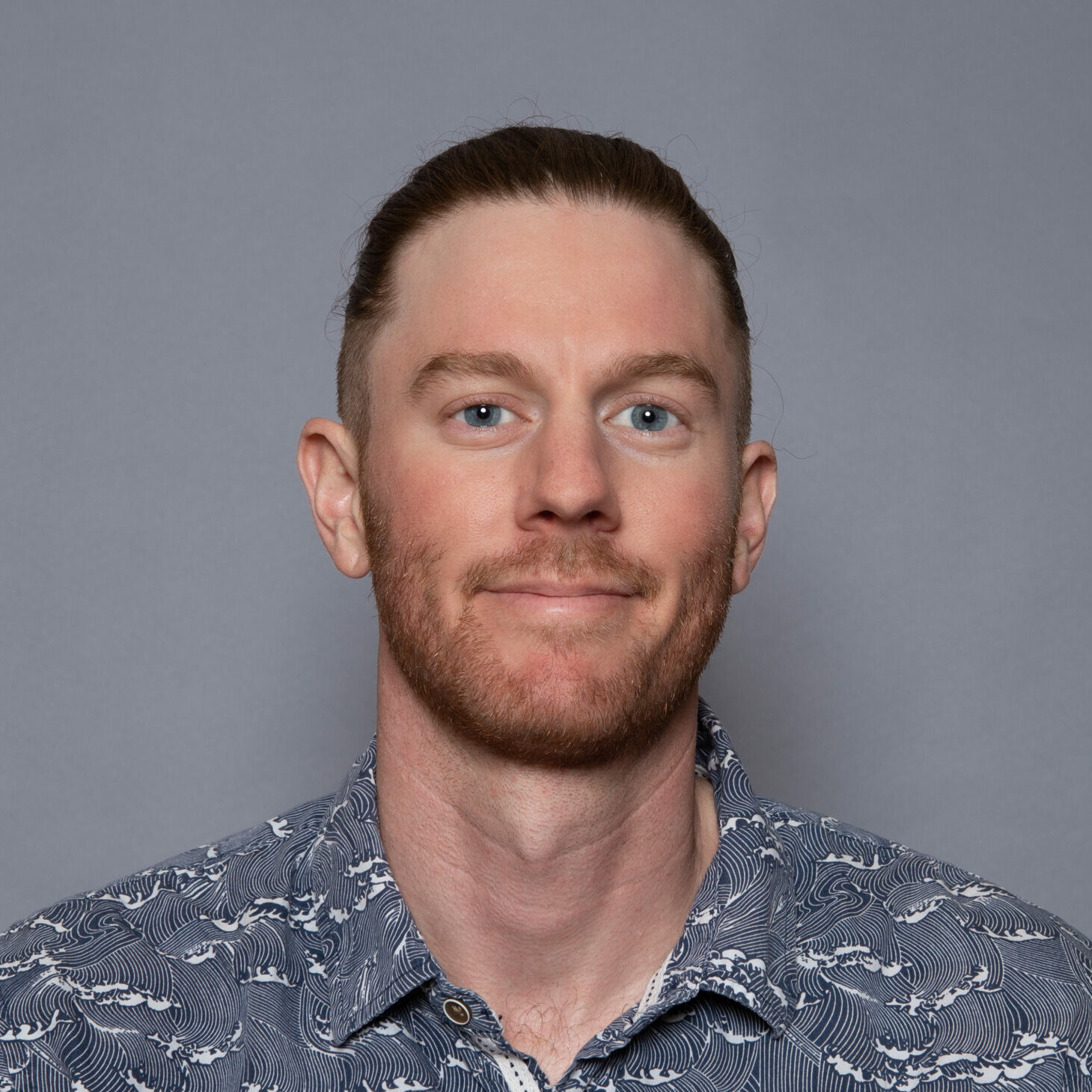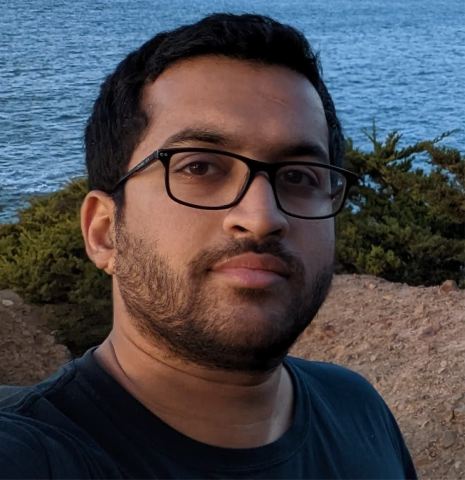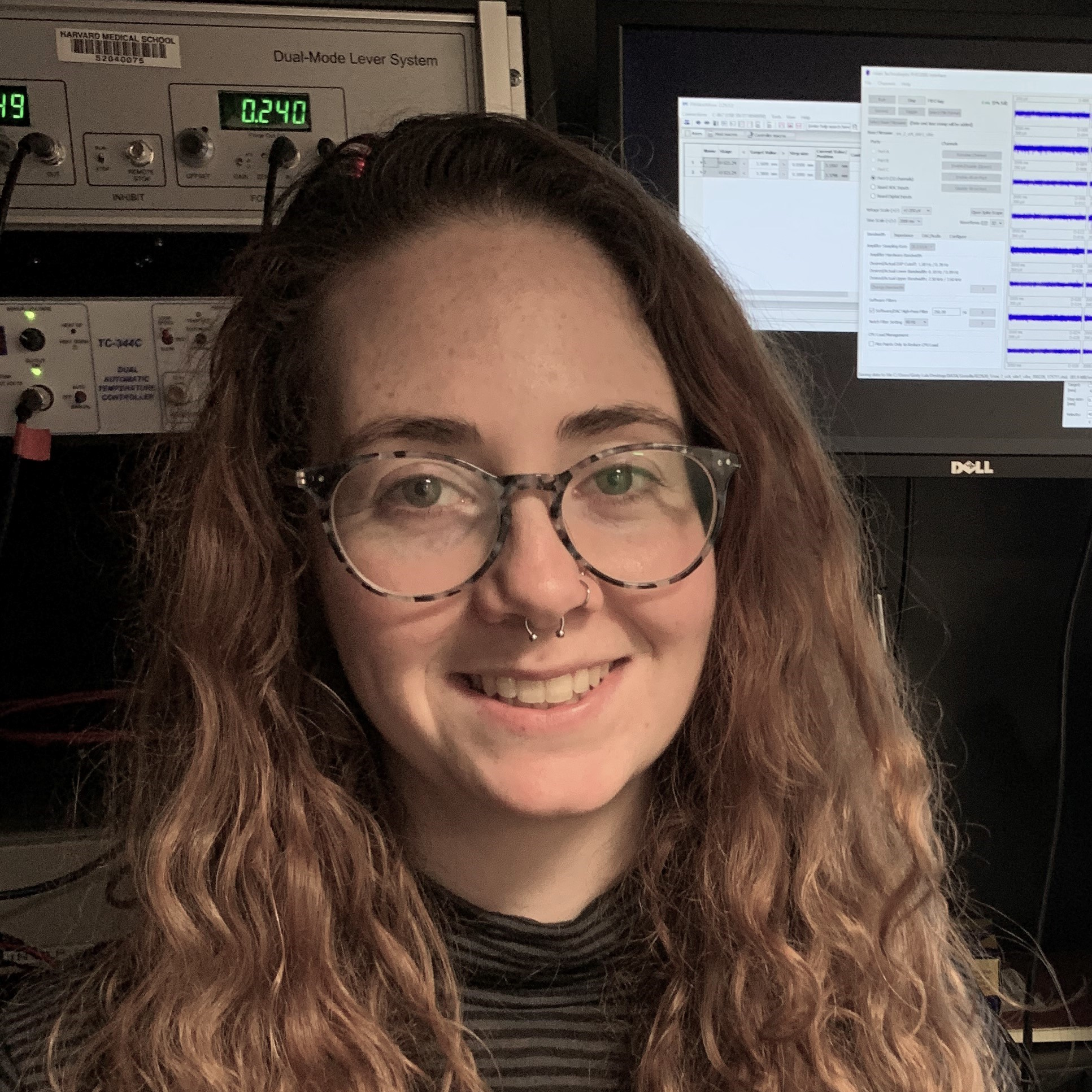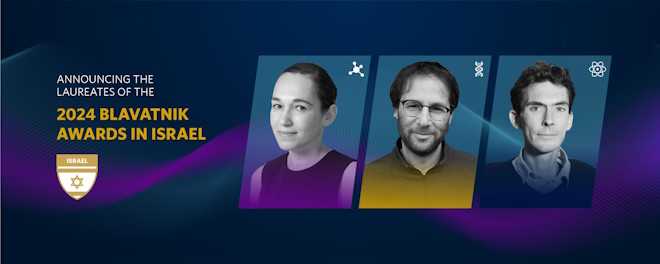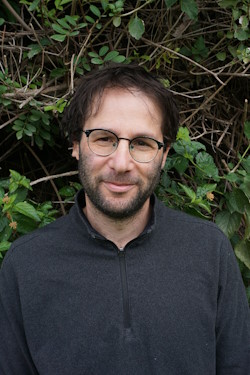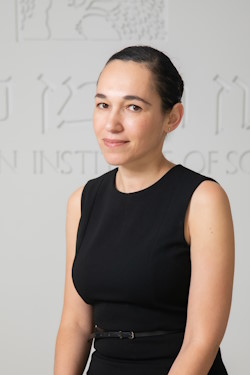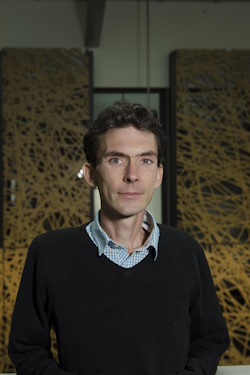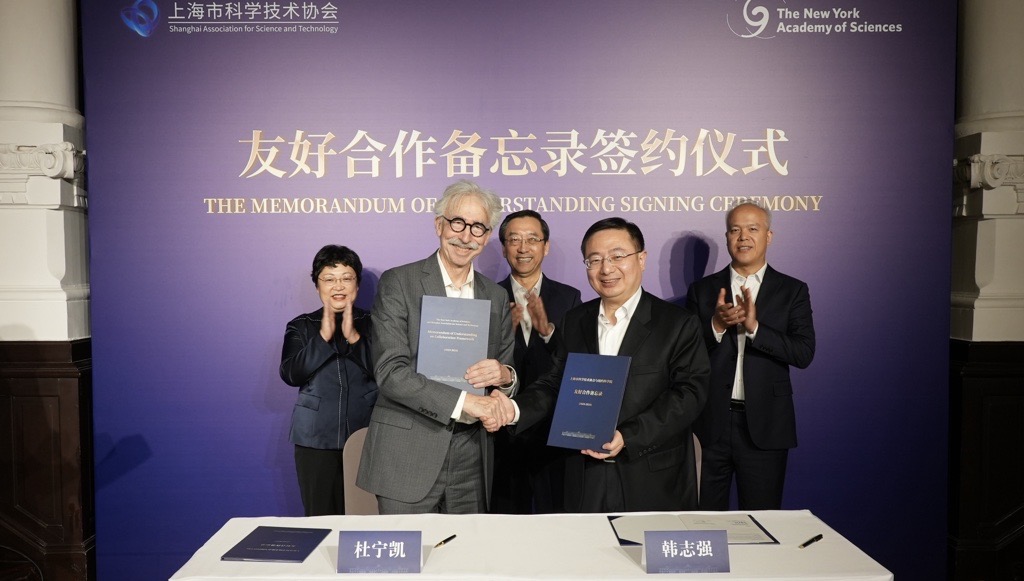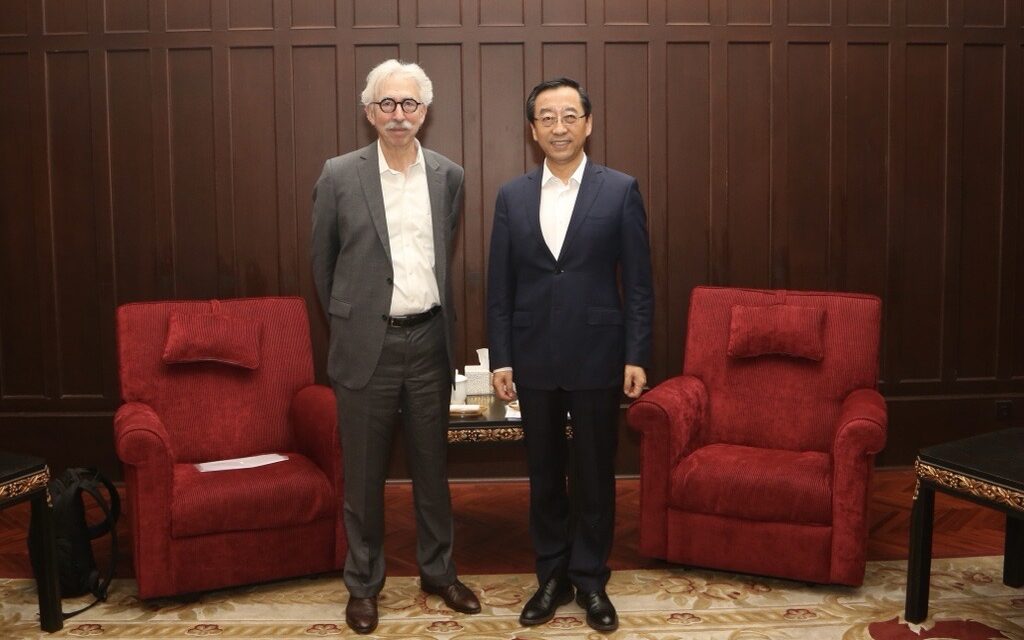
The Academy’s STEM education programs win an Anthem Award for the second consecutive year.

New York, NY | November 19, 2024 – The New York Academy of Sciences announced that its Scientist-in-Residence program was named a Bronze Anthem Awards winner in the Education, Art, & Culture/ Community Engagement Category (Nonprofit) category in the 4th Annual Anthem Awards. In The Anthem Awards’ most competitive year, Scientist-in-Residence was selected from over 2,300 entries submitted from 34 countries worldwide. The Academy’s Junior Academy was named a 2023 Silver Anthem Award Winner, making this the second year in a row that the Academy’s highly regarded education programs have been recognized by the Anthem Awards.
“Now more than ever it is crucial that we turn to science to address the many challenges we face in the 21st century,” said Nicholas B. Dirks, President and Chief Executive Officer, The New York Academy of Sciences. “Unless we have a steady stream of talented young people who pursue careers in STEM, we run the risk of falling short. The Scientist-in-Residence program leverages the expert guidance of working scientists, turning classrooms into research labs, giving students hands-on learning experiences and access to scientific tools to conduct a year-long science research project. This support helps students appreciate the role of science in our world beyond traditional textbooks while also providing an inspirational entry-point to a gratifying and meaningful career in STEM.”
Entries in the Education, Art and Culture category honors organizations making learning more effective and accessible to students of all backgrounds. Art and Cultural programs may include art for change, healing and connecting communities as well as the preservation of public spaces and landmarks, festivals, and celebrations of historically underrepresented communities.
About Scientist-in-Residence
Since its launch in 2012, Scientist-in-Residence has paired more than 7,000 Pre-K through 12th grade students with over 150 working scientists. The program was developed in cooperation with the New York City Department of Education and The New York Academy of Sciences and matches scientists with New York City public school teachers to bring scientific inquiry to life in the classroom. By combining their research and pedagogical expertise, each scientist-teacher pair develops and implements a year-long science project that prepares students to engage in authentic research involving data collection and analysis that sparks their interest in STEM learning.
The Scientist-in-Residence program also supports students toward a career in STEM by providing an avenue to find the inspiration that builds their curiosity and connects them with other scientists and STEM-inspired students across New York City. Each year, the Academy hosts a student showcase where group representatives from each class present posters and samples of their work, sharing their findings with fellow students. This event allows students to identify their peers building a support system as they continue their STEM career; it teaches students that success in a research project is not about failure or lack thereof but collecting information that can be shared with others; it also introduces students to scientists from various backgrounds that they may also see as part of their career support system.
“The Winners of this year’s Anthem Awards are truly inspiring and I am honored to help elevate their impact,” said Anthem Awards General Manager, Patricia McLoughlin. “At this moment, there is a lot of uncertainty in our world, but the tireless and extraordinary efforts of the Anthem Awards community provide hope that a better tomorrow is possible. Thank you to everyone doing this work and making an impact.”
About The Anthem Awards
Launched in 2021 by The Webby Awards, The Anthem Awards honors the purpose & mission-driven work of people, companies and organizations worldwide. By amplifying the voices that spark global change, we’re defining a new benchmark for impactful work that inspires others to take action in their own communities. The Anthem Awards honors work across seven core causes: Diversity; Equity & Inclusion; Education; Art & Culture; Health; Human & Civil Rights; Humanitarian Action & Services; Responsible Technology; and Sustainability, Environment & Climate. This season’s partners include Ms. Magazine, The Female Quotient, Sustainable Brands, NationSwell, and TheFutureParty. The Awards were founded in partnership with the Ad Council, Born This Way Foundation, Feeding America, Glaad, Mozilla, NAACP, NRDC, WWF, and XQ.

